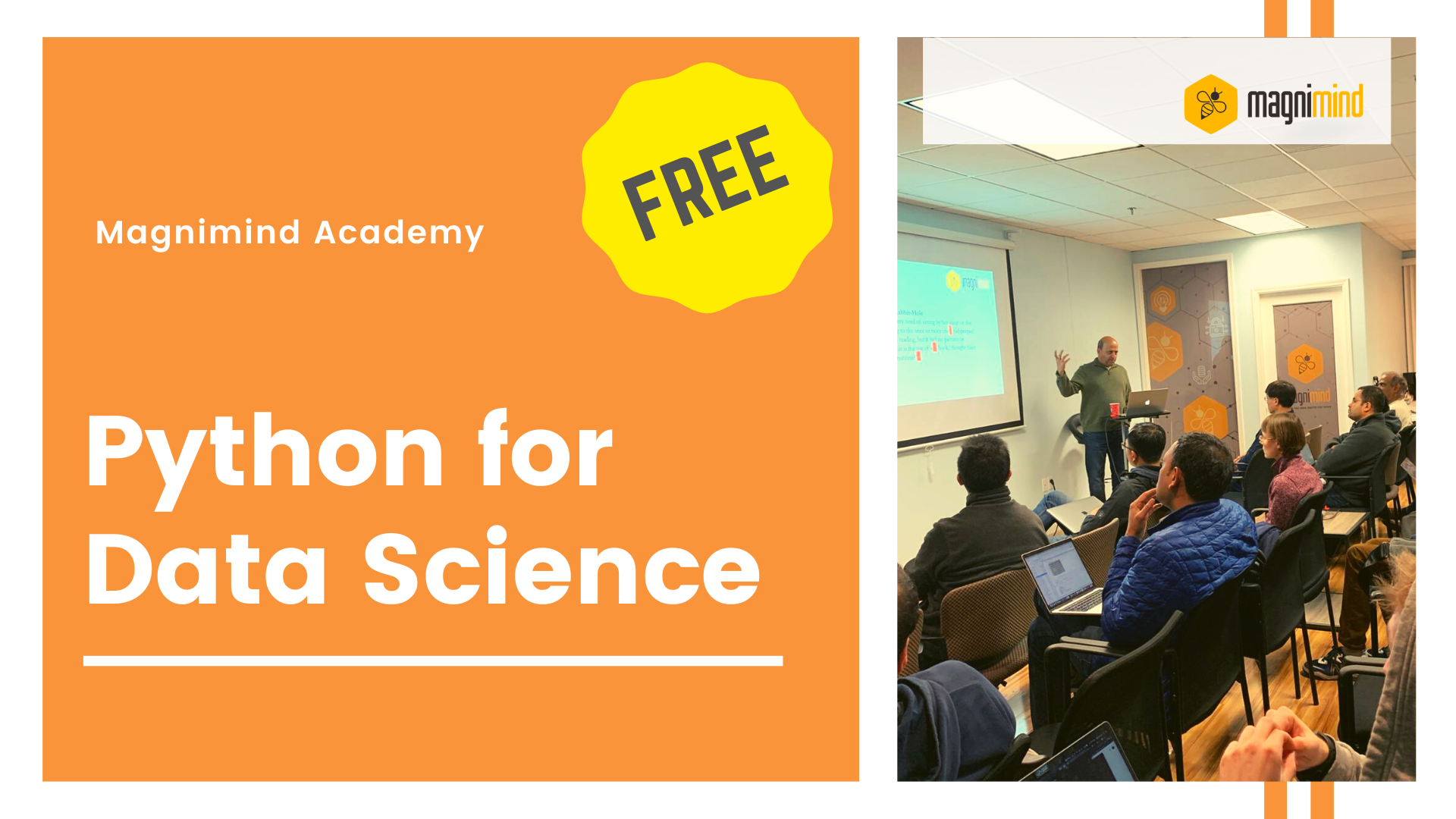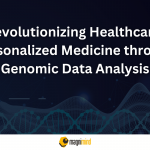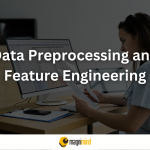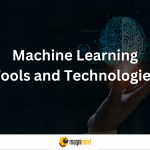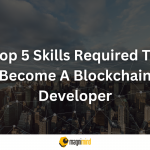This class is targeted at aspiring programmers who are learning their first programming language. It may be appropriate for programmers who currently at beginner-intermediate level in another programming language, and want to get a jump start in learning Python. Such students will also clarify their understanding of what aspects of programming languages are broadly shared among languages, and which are idiosyncratic to whatever language they already speak.The majority of this course is dedicated to learning foundational aspects of programming. However, it is often easier to elucidate these through concrete examples. Many of the examples are geared towards applications in analytics, statistics, and artificial intelligence. This focus skews the class slightly, but students will still build a strong enough foundation to learn domain specific skills. It also means, a little bit of prior statistics knowledge will be helpful during the last two classes.
Students who take this class will be able to:
- Identify and describe the foundations of all programming languages, especially the use of:
- Variables,
- Common data processing techniques,
- Control flow,
- Functions,
- Scope,
- Imports, libraries, and APIs
- Use Python to import and process data.
- Work with libraries and APIs in Python.
- Use Python libraries to create charts and graphs.
- Describe artificial intelligence and machine learning at a high level.
- Use Scikit Learn to perform ML tasks.
Your learning experience will be supported by office hours and a Slack channel, where you can ask your questions and get help when you got stuck.
- The Big Picture and The Very Basics
- What does it mean to program a computer?
- What can programming languages do?
- Why Python? How is it different from other languages?
- Variables and data types
- Combining data with operations
- Exercise:
- Write and run your first simple script.
- Use a debugger to examine code examples.
- Complex Data and Control Flow
- Lists and dictionaries
- Control Flow (if/elif/else)
- Looping
- Exercise:
- Create and modify lists and dictionaries
- Search for items in a list
- Create, modify, and select from nested lists and dictionaries
- Functions and Classes
- Functions
- Classes
- Code reuse
- Exercise:
- Create and use functions to process data
- Create and use classes to manage complex data and processes
- Working With Libraries and APIs Part 1
- Importing and using libraries and modules.
- Reading documentation.
- Searching for tutorials and answers to questions.
- Using Jupyter Notebooks vs a text editor.
- Exercise:
- Use Jupyter Notebook, Pandas, and Matplotlib to perform descriptive statistics and create charts.
- AI/ML In Python
- What are artificial intelligence and machine learning?
- What is supervised learning?
- Scikit-learn’s API.
- Test/train/validation data splits.
- The K-nearest Neighbor algorithm.
- Exercise:
- Modify the parameters of a K-NN model and evaluate the changing performance.
- Use Scikit Learn to build a predictive model using a different algorithm.
- Kaggle Challenge Presentations
- Give a brief presentation about your work, results, and what you learned.
Start learning the Python for Data Science with outside of business hours schedule!
The 10 hours of schedule is as follows:
November 28 – December 5 – 12 – 19- 26
Saturdays, from 12 pm to 2 pm
Python for Data Science Mini Bootcamp is now available online. Anyone who wants to attend this mini bootcamp can join online live webinars where the course content will be taught. Online sessions will be distributed through zoom conferences. Students will have access to the screen of the instructor and be able to ask questions through chat. You may attend this mini bootcamp no matter where you are.
Tuition fee
Regular: $[woocommerce_regular_price id=”7243″]
Early Bird: $[woocommerce_price id=”7243″] (between [woocommerce_price_on_sale_from id=”7243″] – [woocommerce_price_on_sale_to id=”7243″])
Payment process
After you finish filling your application form, the website will direct you to the payment page. There, you can select available payment options.
Cancellation
If you’re not satisfied with the course you may cancel your application.

Abdullah Karasan
Abdullah Karasan was born in Berlin, Germany. After he studied Economics and Business Administration at Gazi University-Ankara, he obtained his master’s degree from the University of Michigan-Ann Arbor and his PhD in Financial Mathematics from Middle East Technical University (METU)-Ankara. He worked as a Treasury Controller at the Undersecretariat of Treasury of Turkey. More recently, he has started to work as a Senior Data Science consultant and instructor for companies in Turkey and the USA. Currently, he is a Data Science consultant at Datajarlabs and Data Science mentor at Thinkful. He has several published scientific articles and the author of the book in progress titled “Machine Learning for Financial Risk Management in Python”.

